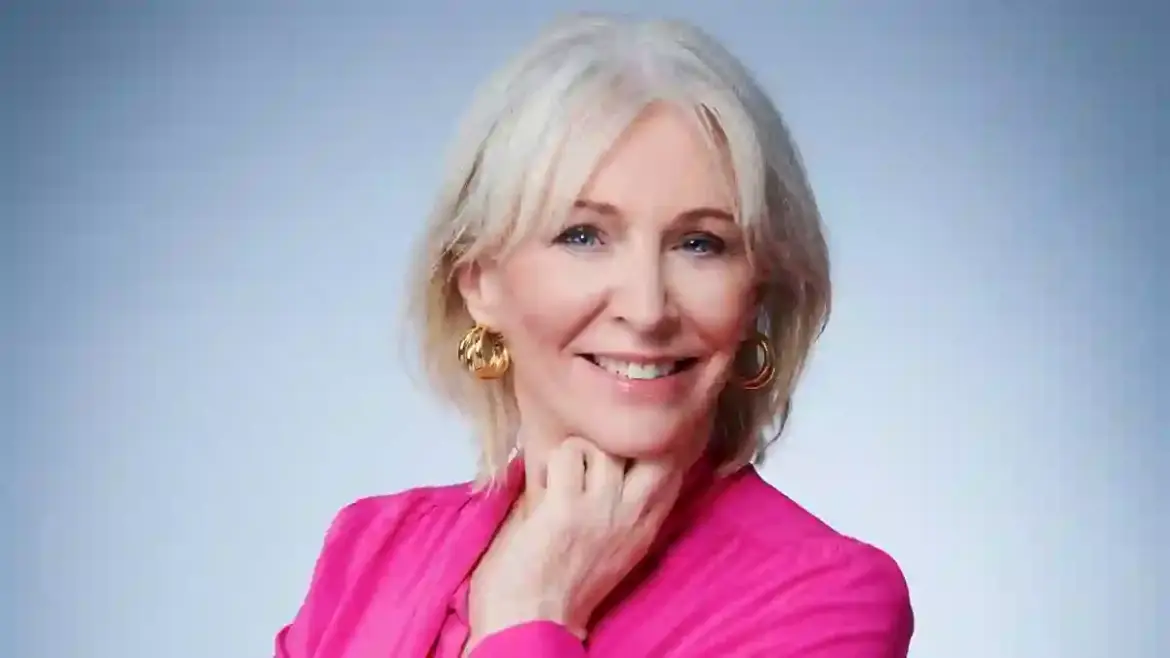Long before she became Queen, Camilla Shand found herself in a terrifying situation as a teenager.
At just 16 or 17, while travelling alone on a train, a fellow passenger tried to assault her. Many in that moment might have frozen, but not Camilla.
She remembered her mother Rosalind’s advice, slipped off her shoe, and struck him hard with the heel.
The man was left in no doubt that he had chosen the wrong target.
After that, she calmly got off at Paddington station, reported him to staff, and the man was arrested.
We don’t know if he was ever charged, but it’s fair to imagine he thought twice before trying such behaviour again.
A Glimpse of Camilla’s No-Nonsense Character
This story, shared in the new book Power and the Palace, reinforces what many people instinctively feel about Queen Camilla: she is practical, fearless, and refuses to be a victim.
Some might say she was reckless, but clearly, even at that age, she weighed her options and acted with confidence.
It was a decisive move that fits with the woman she grew up to be.
Quiet Strength, Not Public Confession
Interestingly, Camilla never made this part of her life a public talking point.
She only ever shared it privately with friends or charities she supported.
The wider public only learned of it because she once confided in Boris Johnson, when he was Mayor of London, during a discussion about rape crisis centres.
It wasn’t him who told the story but a former aide quoted in the book.
This wasn’t about secrecy; it was about focus. Camilla never wanted her personal story to overshadow the victims she fights for.
In her eyes, those women who lost their lives or endured years of abuse are the ones who deserve the spotlight.
Turning Pain Into Purpose
Her later work speaks volumes. At events supporting charities for survivors of domestic violence and sexual assault, she comes across as both compassionate and approachable.
Survivors who meet her see not just a Royal patron, but someone who listens with genuine care.
One of her thoughtful initiatives has been simple but meaningful: providing toiletries and washbags to victims after medical examinations at Sexual Assault Referral Centres.
It’s a small act, but one that carries a message — you are not alone, and someone cares.
Feminism in Action
Camilla’s approach to feminism has always been about action rather than words.
She doesn’t make loud public declarations; instead, she supports women directly, ensuring they are seen, heard, and respected.
In that sense, she embodies what it means to lead by example.
She also makes it clear that domestic and sexual abuse is not confined to one class or group of people.
By sharing stories of friends from different backgrounds who suffered abuse, she has worked to break down stigma and silence around the issue.
Why She Chooses Silence About Her Story
Some might wonder why she never publicly tied her personal experience to her advocacy.
The answer is simple: she refuses to make herself the headline.
In a country where, tragically, two or three women are killed by men every week as a result of domestic violence, she feels the narrative should remain on them — not on her.
A Queen Who Fights Back
Looking back, that young girl on the train didn’t just fight back in the moment — she carried that defiance into her life’s work.
Her anger against her attacker evolved into a deep commitment to helping victims of abuse.
As Queen, she has turned her teenage ordeal into a mission to make sure others don’t feel powerless.
Her story is more than a tale of courage; it’s proof that sometimes the smallest acts of resistance can grow into a lifetime of advocacy.



